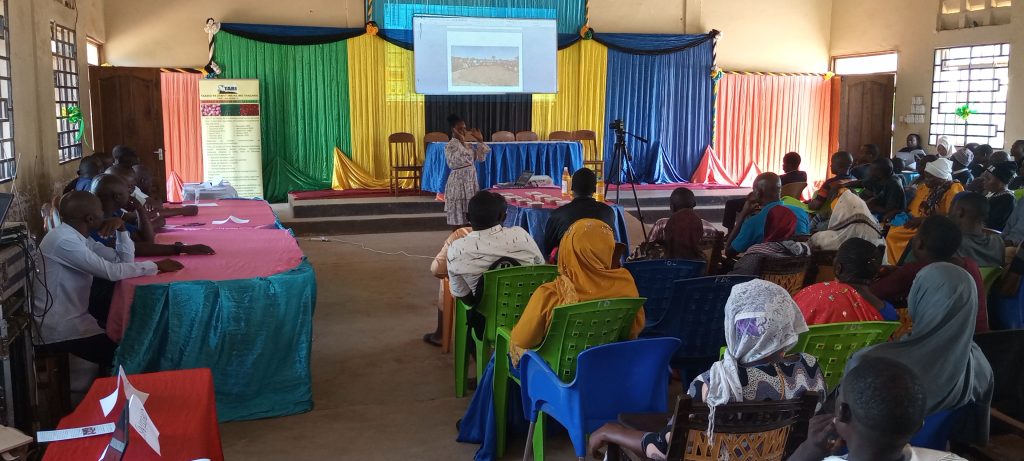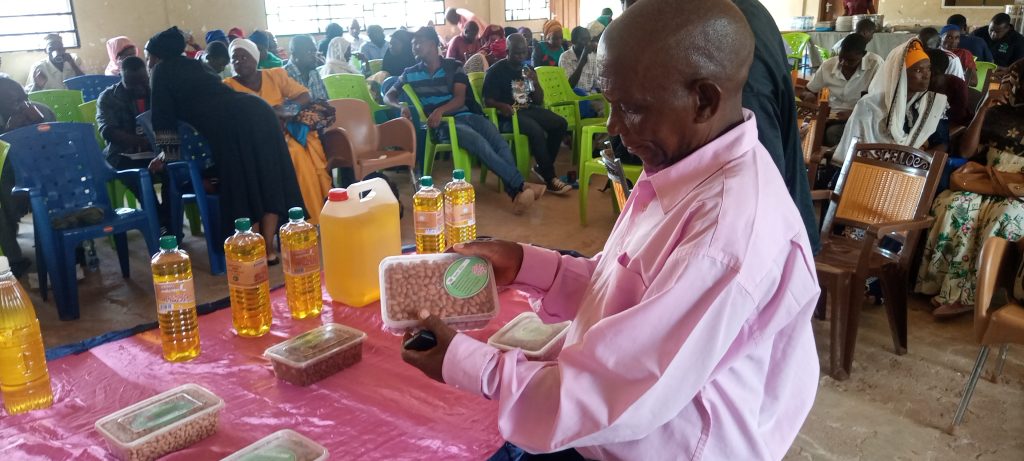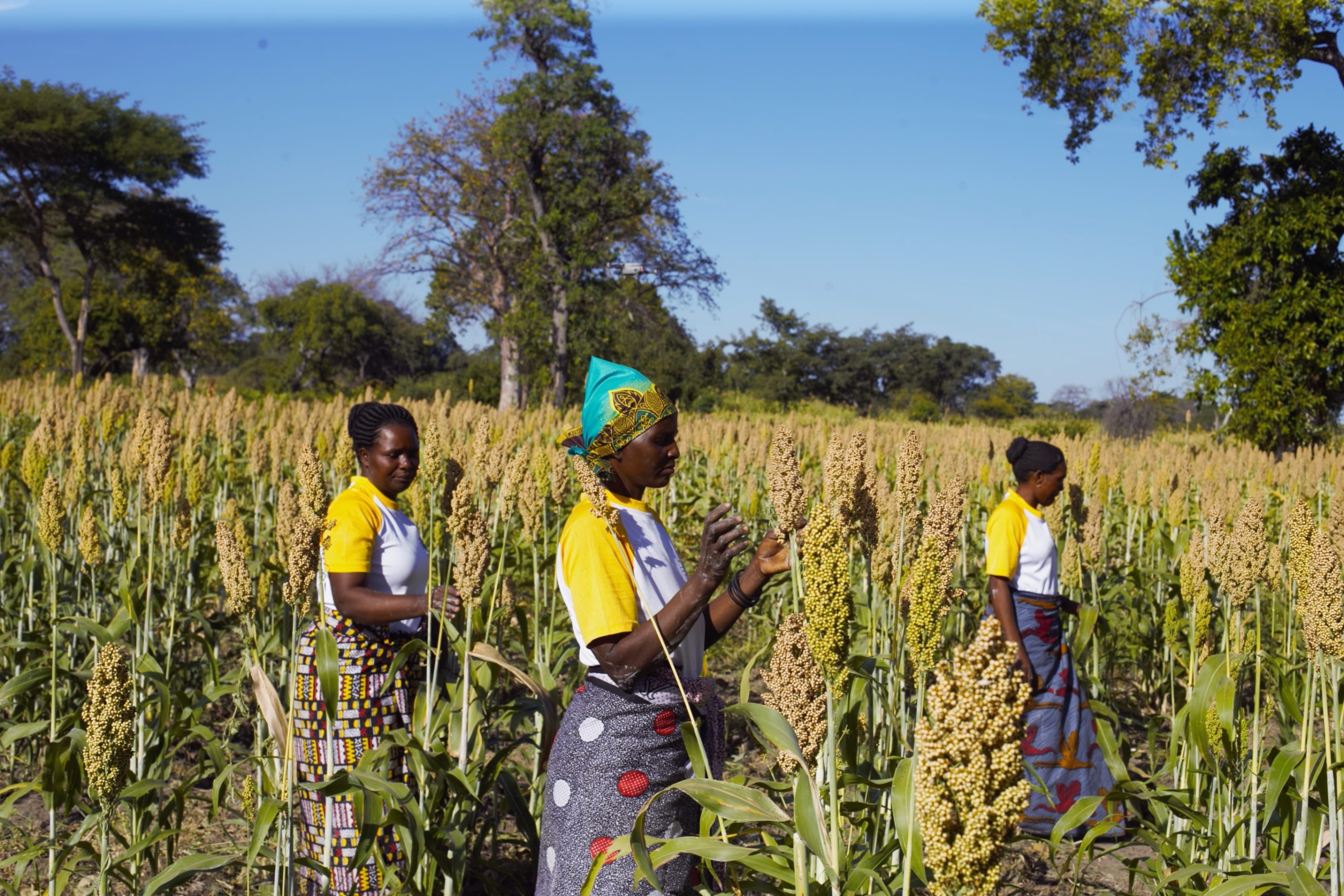Representatives from various sectors in Tanzania met to discuss the challenges and opportunities in the country’s groundnut value chain, with the aim of establishing a platform for dialogue among stakeholders involved in groundnut production and distribution.

The meeting was organized by TEMNAR Co. Ltd., and brought together key stakeholders including farmers, government officials, research institutes, NGOs, and partners such as Ruvuma Commercialization and Diversification of Agriculture (RUCODIA), SWISSAID, and Vodacom. All participants affirmed the meeting’s overall impact and significance, acknowledging that the event would help lay a strong foundation for the growth of groundnut farming, particularly in Mtwara and Lindi regions.
The meeting featured presentations from scientists at the Tanzania Agricultural Research Institute (TARI) — who addressed topics such as groundnut agronomy and seed technology — and representatives from TEMNAR, who outlined strategies to facilitate effective collaboration among stakeholders and achieve mutually beneficial outcomes. Discussions centered on topics such as groundnut varieties, market demands, and the importance of quality and cleanliness throughout the production process. Trust in business relationships was identified as a key factor for success.
Participants at the meeting shared innovative ideas and identified opportunities for strengthening the sector. They highlighted, for example, the need for aggregators to specify their groundnut volume requirements and the application of simple technologies — such as hand push planters and threshing machines — to increase production efficiency. They also emphasized the importance of planting new TARI-bred groundnut varieties to meet market demand, and the establishment of additional seed multiplication farms to increase seed availability.

Another key component of the meeting was assessing the challenges faced by local groundnut farmers. These include the shortage of good groundnut seed, limited agronomical knowledge, and the labor-intensive nature of planting, harvesting, and picking the crop. To address these challenges, participants suggested making agricultural inputs and tools more accessible to farmers, conducting technology demonstrations, and establishing seed multiplication farms across different districts.
Both farmers and aggregators expressed their commitment to making changes in their farming practices; aggregators are now able to access groundnuts easily through phone calls, while farmers enjoy improved access to markets and better prices. A number of follow-up actions have also been planned as a result of the meeting, such as product buyback initiatives during the harvest season and the establishment of field days to help reach more farmers and aggregators at the local level.

 Capacity development
Capacity development 
